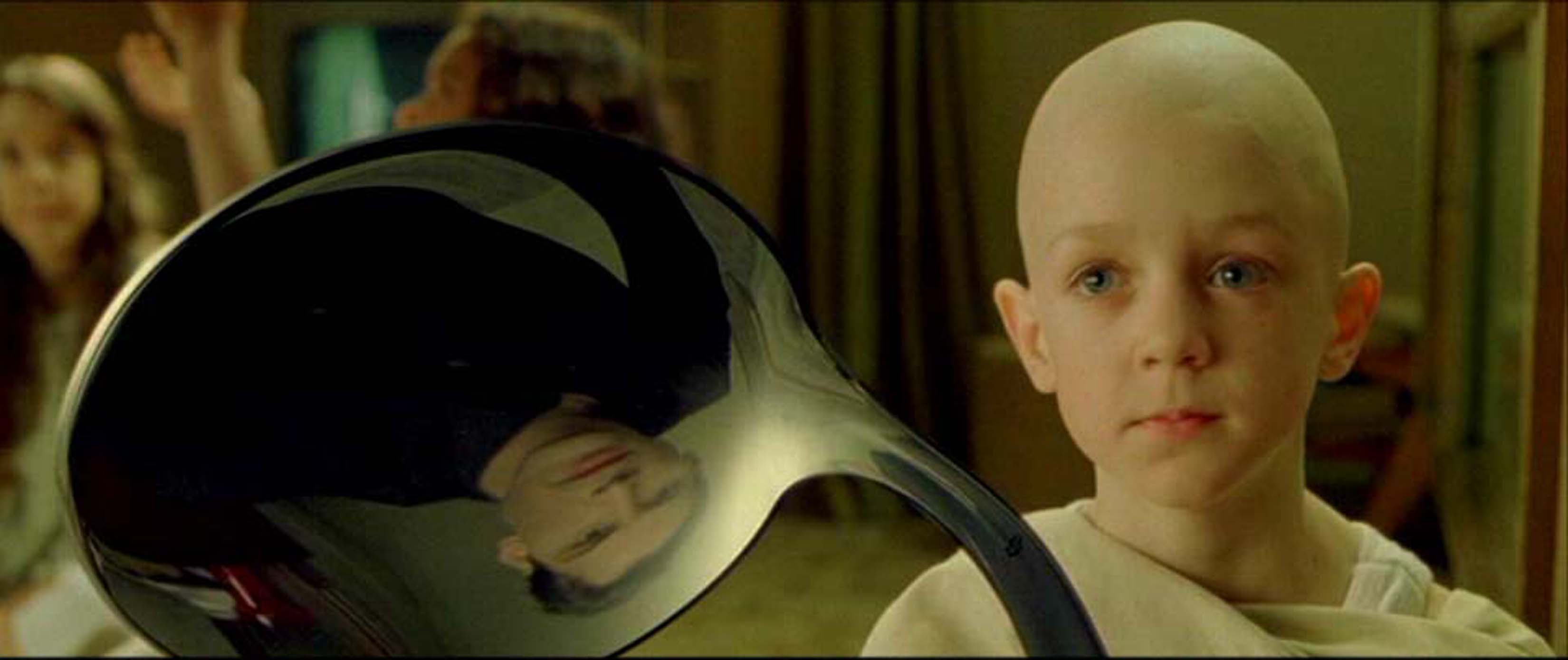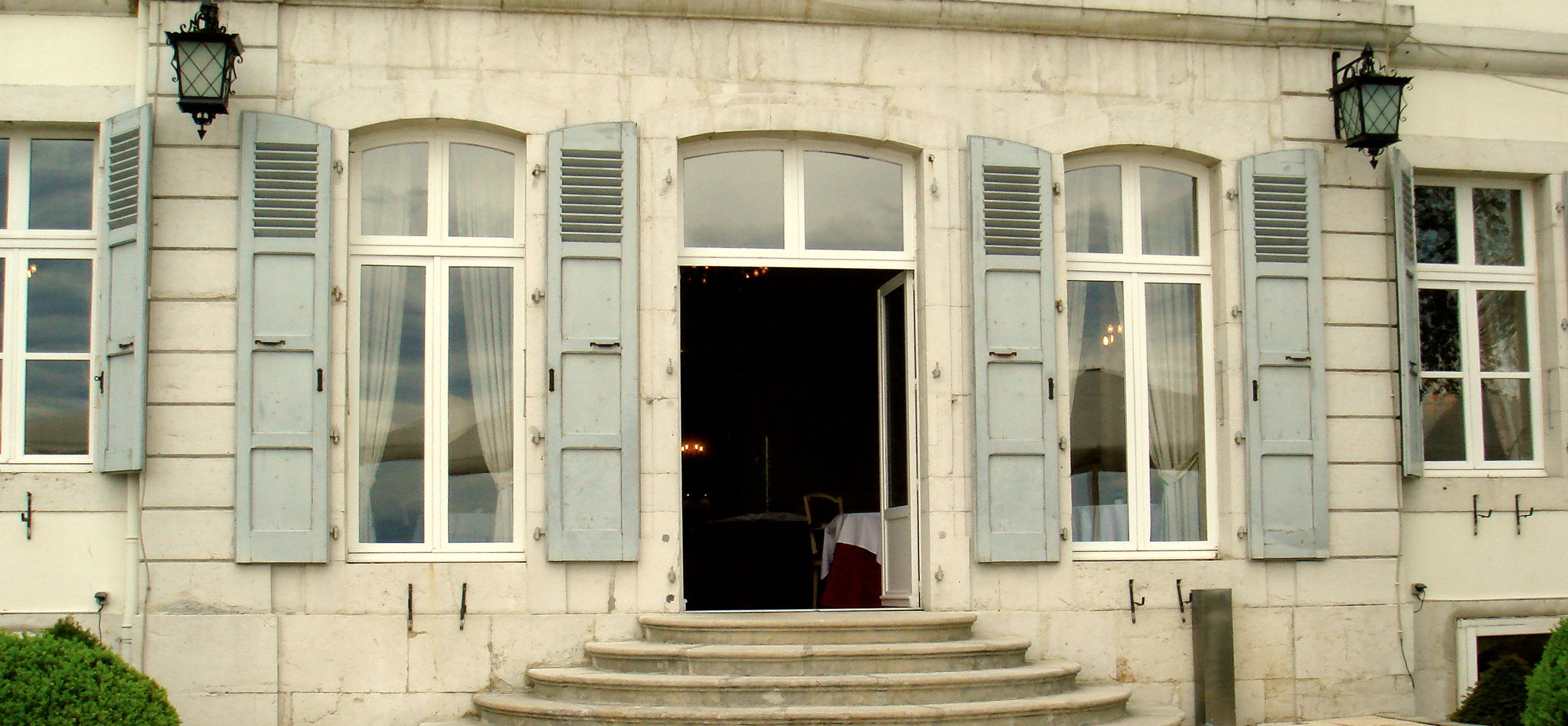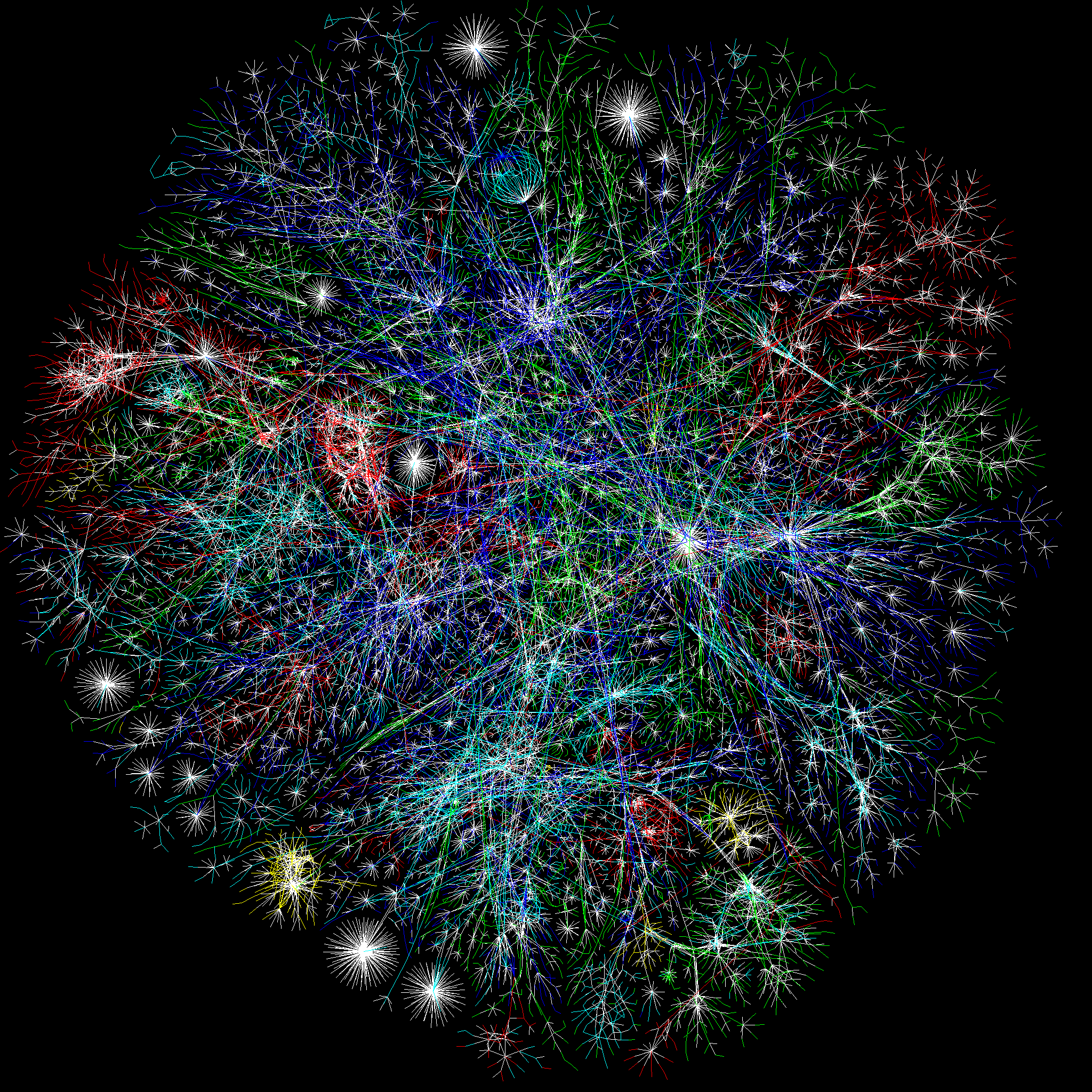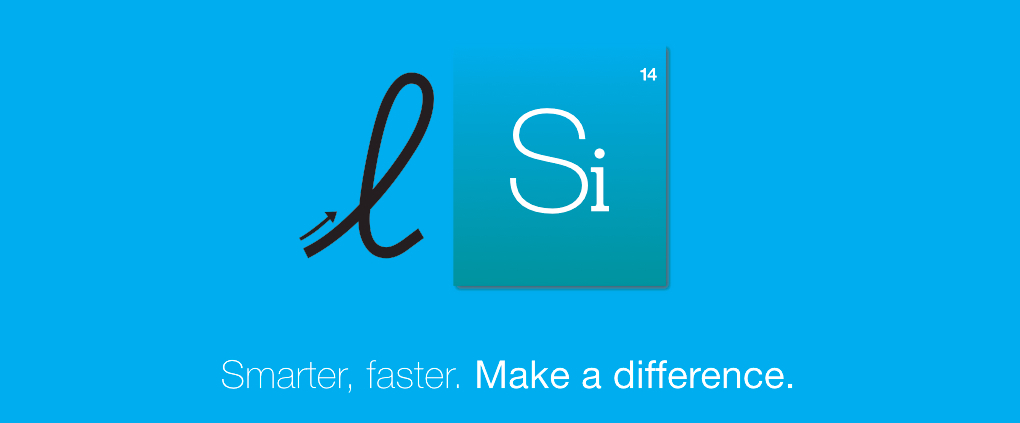
In a complex, knowledge-driven society, learning, education and training are key to sustainability. Sustainability initiatives need to explicitly make learning strategic in order to succeed in the face of growing challenges. No organization, no sector can do so alone. Professionalization alone is not the answer. Education is failing to prepare humanity for disasters, climate change, globalization or conflicts.








